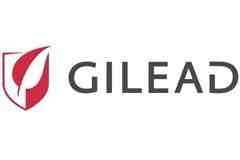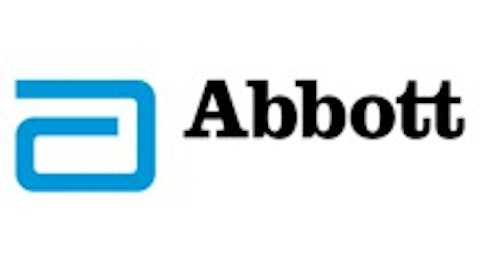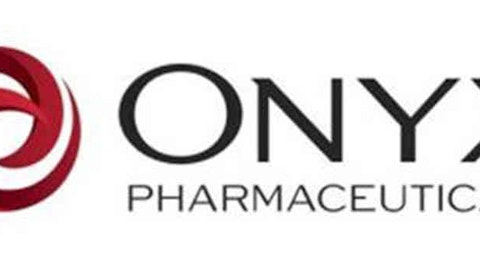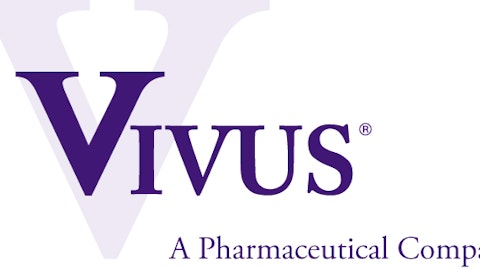
Today I’d like to discuss another major disease – hepatitis C. The hepatitis C virus (HCV) affects an estimated 130-200 million people worldwide, and can cause cirrhosis, liver failure, liver cancer, esophageal and gastric varices (varicose veins). HCV is usually spread through sex, intravenous drug use, poorly sterilized medical equipment and blood transfusions. The market for HCV pills is forecast to reach an estimated $20 billion, making it one of the most hotly contested markets in the pharmaceutical industry.
When most biotech investors think of HCV treatments, they might think of Gilead Sciences, Inc. (NASDAQ:GILD), which is also known for its HIV treatments. Analysts polled by Bloomberg estimate that Gilead Sciences, Inc. (NASDAQ:GILD)’s HCV drugs could generate annual sales of $6.03 billion by 2016. However, AbbVie Inc (NYSE:ABBV), which spun off of Abbott Laboratories (NYSE:ABT) last year, has also emerged as a major contender in the HCV field with its orally administered treatments.
Two future winners
Gilead Sciences, Inc. (NASDAQ:GILD) and AbbVie Inc (NYSE:ABBV) are currently testing several advanced orally-administered HCV medications, which would significantly improve the quality of patient care. Traditional HCV treatments require injections containing interferon, which can cause flu-like side effects. In addition, these new treatments seek to directly stop the hepatitis C virus from self-replicating, as opposed to the older strategy of boosting the body’s defenses to stave off liver disease.
Gilead Sciences, Inc. (NASDAQ:GILD) currently has two all-oral HCV treatments, sofosbuvir and ledipasvir, that have completed Phase II trials with a 95% cure rate after eight weeks of treatment. Both drugs are now moving forward into Phase III trials, and could be combined into a single pill that is taken once daily. Sofosbuvir is receiving a priority marketing review from U.S. regulators, which cuts the FDA evaluation period from 12 months down to 8 months. Gilead Sciences, Inc. (NASDAQ:GILD) is also seeking to have the new combination pill approved to be used in combination with ribavirin, its older HCV treatment. However, ribavirin has been shown to cause anemia in 10% of patients.
AbbVie Inc (NYSE:ABBV), on the other hand, has an unnamed multidrug therapy for HCV that is also in Phase III clinical trials. During Phase II trials, patients had a 90% cure rate after eight weeks of treatment. Unlike Gilead’s proposed single daily pill, however, AbbVie Inc (NYSE:ABBV)’s treatment requires patients to take three pills in the morning and one at night. Scott Brun, the head of drug development at AbbVie Inc (NYSE:ABBV), claimed that the company’s drug could hit the market ahead of Gilead. “We’ve got a very good shot at being first,” he stated at a recent Goldman Sachs conference. “It’s a very tight race.”
Many analysts believe that Gilead and AbbVie Inc (NYSE:ABBV)’s drugs could hit the market at the same time, so the success of both drugs relies heavily on the final phase of the clinical trials, overall effectiveness and pricing. Gilead estimates that 150,000 HCV patients will seek treatment in the United States once the all-oral drugs reach the market, up from 85,000 HCV patients who were treated by traditional injections last year.
A third contender
The rest of the biotech industry also has other HCV treatments in the works. In April, Bristol Myers Squibb Co. (NYSE:BMY), announced that its combination of three HCV treatments (daclatasvir, asunaprevir, and BMS-791325) cured 15 out of 16 patients, for a 93.75% cure rate, after a 24-week trial. Just like Gilead Sciences, Inc. (NASDAQ:GILD) and AbbVie’s treatments, Bristol Myers Squibb Co. (NYSE:BMY)’s treatment is orally administered. They also do not require a side dose of ribavirin, as Gilead’s new treatment does.
These favorable results are a nice turnaround for Bristol Myers Squibb Co. (NYSE:BMY), which was forced to take a $1.8 billion writedown last year, after its experimental HCV drug caused heart failure in patients. Bristol Myers Squibb Co. (NYSE:BMY) acquired that ill-fated drug as part of its purchase of Inhibitex last February.
One major loser
While Gilead, AbbVie and Bristol Myers Squibb Co. (NYSE:BMY) seem well positioned for success once their drugs hit the market, a major loser in the HCV market is Idenix Pharmaceuticals Inc (NASDAQ:IDIX). Idenix Pharmaceuticals Inc (NASDAQ:IDIX) fell off a cliff on June 20 after it announced that planned clinical trials of its experimental HCV drug, the orally administered IDX20963, were halted pending the request of addition safety data by the FDA. IDX20963 is a lead uridine nucleotide prodrug candidate, also known as a “nuke.”
Although nukes are effective in other products, such as Gilead Sciences, Inc. (NASDAQ:GILD)’s aforementioned sofosbuvir (also known as PSI-7977), it is a hard combination to pull off safely. These nukes contain “a class of compounds where it’s very, very hard to make safe drugs,” according to Oppenheimer & Co. analyst David Ferreiro. Although IDX20963’s resemblance to Gilead’s sofosbuvir convinced some investors that Idenix could be the next Gilead, it appears that Gilead’s massive R&D department makes a world of difference in creating safer treatments.
Idenix’s recent failure marked the third time over the past year that safety concerns have halted the development of Idenix’s HCV drugs. Idenix Pharmaceuticals Inc (NASDAQ:IDIX) discontinued the development of its two other drugs in February as a result, causing shares to decline 67% over the past twelve months as a result.
The Foolish Bottom Line
Biotech investors should watch the HCV treatment race closely. For Gilead, a successful market release opens the floodgates to a massive revenue stream to complement its HIV treatments business, which is already the largest in the world. For AbbVie Inc (NYSE:ABBV), it is a chance for the newly formed company to make a name for itself and prove that it can stand on its own apart from Abbott Laboratories (NYSE:ABT). For other names in the field, such as Bristol Myers Squibb Co. (NYSE:BMY) and Pfizer Inc. (NYSE:PFE), the orally-administered HCV treatment market is an excellent chance to diversify their drug portfolios, which are constantly shifting with patent expirations and new clinical trials.
The article Three Future Winners and One Major Loser in the HCV Wars originally appeared on Fool.com and is written by Leo Sun.
Leo Sun has no position in any stocks mentioned. The Motley Fool recommends Gilead Sciences. Leo is a member of The Motley Fool Blog Network — entries represent the personal opinion of the blogger and are not formally edited.
Copyright © 1995 – 2013 The Motley Fool, LLC. All rights reserved. The Motley Fool has a disclosure policy.




